What is the full form of AEPCAEPC: Apparel Export Promotion CouncilAEPC stands for Apparel Export Promotion Council. The Apparel Export Promotion Council (AEPC), which was created in 1978 under the auspices of the Ministry of Textiles, is a statutory organization that serves as a support system for both international buyers who get their clothing from India and apparel exporters in India. In the booming apparel sector, AEPC has been a relentless advocate for making India a top destination for clothing sourcing. The efforts of AEPC to integrate the garment sector have made this feasible. Its services range from providing basic training to the workforce to supplying an ongoing flow of trained laborers. Also researching data to source machinery and infrastructure to provide a platform through fairs hosted in India and overseas. 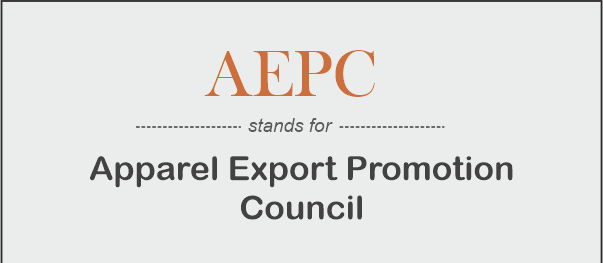
As a member of the Export Promotion Council, AEPC has given India an improved worldwide competitive edge through its ongoing comprehensive assistance. This organization puts up a lot of effort to meet the goals set for national export promotion, which boosts productivity, creates employment, and strengthens India's standing in the garment sector. Goals Of The AEPCThey may directly derive the advantages for the members from the goals that AEPC is working for. Following are a few of AEPC's main goals:
Joining AEPC & Eligibility RequirementsPeople that manufacture or sell the specified clothing can join AEPC by submitting an application form and the necessary paperwork to AEPC headquarters. The main membership needs are being an exporter from a factory or a merchant. If applying as an individual or single proprietorship, the candidate must be older than 21. The applicant or any partner cannot have been declared bankrupt or found guilty in a court of law of a crime involving misbehavior or moral turpitude. The company's total export revenue over the previous three years must exceed Rs. 1 crore. 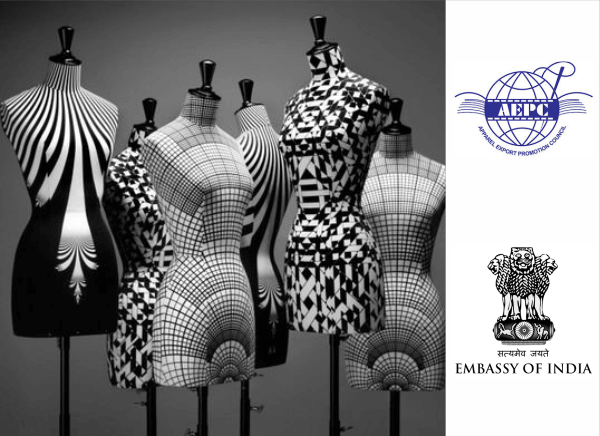
Almost all Export Promotion Councils demand a Registration-cum-Membership-Certificate, which is one of their most crucial requirements (RCMC). An applicant has to hold a Registration-cum-Membership-Certificate to become an exporter member of AEPC and receive advantages associated with perks. Documents Needed, Fees, and CostsAn application form, accessible online at the AEPC website, should be completed and submitted. The applicant must provide crucial information, including the business's name, the beginning date of operations, registration number, prior years' export revenue, etc. Additionally, the applicant must have the following documents with them while submitting this application form:
Charges & FeesRs. 1000 + Rs. 180 (18% GST) = Rs. 1180 + annual payment of Rs. 8000 plus Rs. 1440 (18% GST) equals Rs. 9440, for a total of Rs. 10000 (New registration entrance fees). Advantages Of Joining the AEPCGrant For Market Development AssistanceAny member exporter of AEPC who has been a member for a minimum of 12 months and has an export turnover of less than Rs. 15 crores in the last fiscal year is eligible to apply for MDA funds for attending international trade shows. An area-by-area aid is provided below for up to one visit each fiscal year: Reimbursement for Training costs: In ATDC Centers, approved personnel can receive a 40% tuition price discount for basic courses and a 20% discount for flagship courses. Programs for Training Subsidies Abroad: The physique offers Employees educated at the Hong Kong-based Clothing Industry Training Authority (CITA) received a 75% training cost discount. Benefits of Duty Drawback: The Council actively works to gather duty drawback information and facilitates a prompt return to the members exporters. Timely Information for Decision Making: Through publications and papers, this body also offers its members substantial data on market analysis, regulations, exchange rates, and other related topics. The backbone for financing: After registering, a member may benefit much from credibility since membership ensures the ability to repay loans for working capital, export discounted bills, and other financial needs. The official organization of Indian apparel exporters, AEPC, was established in 1978 and offered vital support to domestic and foreign buyers and importers who chose India as their preferred source of clothing. Here are some examples of the accomplishments that the Apparel Export Promotion Council (AEPC) has been responsible for:
Vision Of AEPC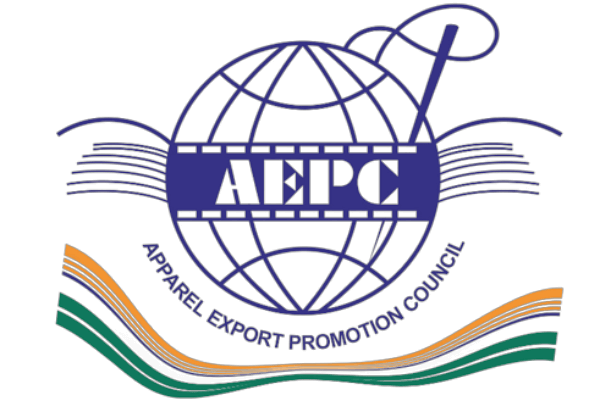
To encourage, assist, and help the Indian clothing sector improve its competitive edge and worldwide positioning in a comprehensive, sustainable, and advantageous way to all industry participants. Mission Of AEPCBy helping the industry reach national goals for export promotion, job creation, productivity improvement, and brand building responsibly and progressively, AEPC realizes its mission while delivering more value to society and consumers. To implement all export promotion strategies, especially market research, to contribute to budgets and foreign trade policy, provide inputs for various FTAs, PTAs, and bilateral agreements, monitor importer tariffs and other restrictive practices learn about the product range and export costs of other nations clothing, create new clothing designs and patterns, engage in marketing in specific foreign markets, send trade delegations and missions to other nations, and assess the country's ready-made clothing export potential. 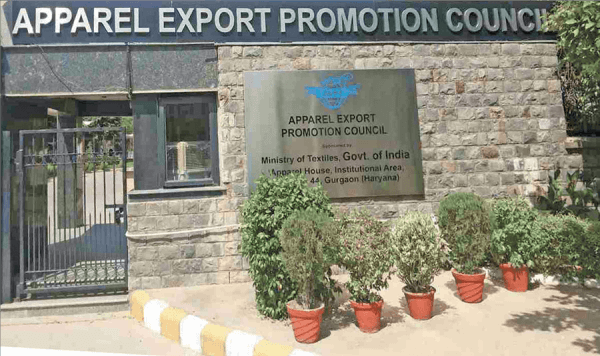
To make known and emphasize to importers and the public in other nations the benefits of trade and commerce with India and to develop a taste for the many kinds of garment markets to consistently and often report to garment producers, merchants, and exporters. To help members-particularly those in the small-scale sector-understand and put the drawback into practice, the laws and processes, facilities offered for import licenses, and how to apply for the facilities. To create design centers, create better designs, patterns, and clothing items suitable for Export, raise the quality and standards of fabrics and clothing by importing technical know-how, promote the Export of high-quality clothing, carry out the necessary research on fashions, designs, and techniques, and support the production of clothing items for Export. To implement worker and technical staff training, raise the skill level of those working in India's garment industry, and support the technological foundation of the sector. Obtaining action plans for export promotion, market development for exports, production for exports, setting annual export targets and targets for specific countries and commodities, as well as targets for medium- and long-term goals, as may be deemed desirable, and ensuring/undertaking execution of such plans for the Council as a whole. To work with the government and other groups domestically and abroad to promote the Export of ready-made clothing. Council Initiatives and ActivitiesCompendium PracticeFifty good management practices focused on workplace cooperation, quality, productivity, clean production, workforce management, and occupational safety and health are included in the Compendium of Good Management Practices for the Apparel Industry, a manual created by AEPC and the International Labour Organization (ILO) (OSH). Several stakeholders were present at the recent Compendium for Good Management Practices launch. 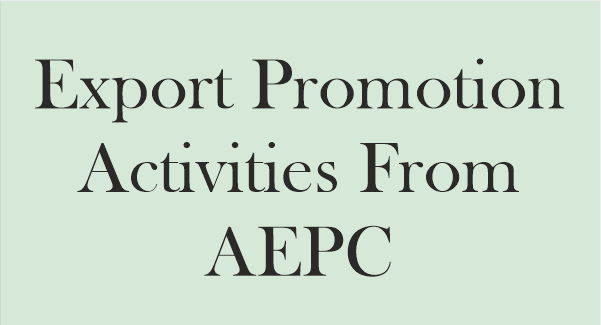
To compare the garment sector's production, management, and profitability to international standards, the techniques stated in the compendium will be put into project mode. The participating units would profit over time based on the accepted procedures. AEPC Opens an Industry 4.0 Experience CenterAEPC and Lectra have worked together and have a memorandum of understanding for an Industry 4.0 experience center. Industry participants could see first-hand how technological interventions in their operations, from product creation to manufacturing planning, will help them digitally transform their enterprises and prepare them for the future. They have thus launched the first of its type of Apparel House Industry 4.0 experience center. AEPC E-MarketplaceThe AEPC E-marketplace is a B2B portal that connects worldwide buyers' requirements with the products made by Indian exporters and garment manufacturers. Through this B2B platform, international customers may view the exporter's profile and contact them with questions about the goods and relevant details. By entering their RCMC Number, AEPC members can sign up on the AEPC E-Marketplace. Phase 1 of the site is now active. In later phases, value-added services are planned to make this a powerful instrument for promoting exports. This program aims to ethically and sustainably enhance the apparel sector's operational excellence and value generation. Through measuring, revealing, and holding stakeholders responsible for these goals, the program seeks to raise awareness of the need for and assist in establishing sustainability goals and responses. Goonj and AEPC Collaborate to Recycle Used Clothing In The Apparel Industry.The AEPC has teamed up with Goonj, a renowned NGO that recycles and upcycles unwanted clothing and rags. Following the cooperation, AEPC recommends that our member exporters provide used cotton clothing and recyclable industrial waste to Goonj for efficient reuse. Through its collecting facilities at its headquarters in Gurgaon and regional offices in Bangalore, Chennai, Delhi, and Mumbai, the Council hopes to help the industry recycle its waste and reduce the amount of waste dumped in landfills. During the Council's operational office hours and days, members may drop off surplus clothing (cotton) and other goods. The regional offices of the Council should regularly deliver the materials to the Goonj delegate. AEO Program Seminar, Trade Facilitation Agreement Seminar, and Currency Risk Management SeminarTo inform the exporters about the AEO program, a seminar on the AEO Program, Trade Facilitation Agreement, and Currency Risk Management was held by AEPC in January 2019 in collaboration with Mumbai Customs and Emkay Global Financial Services. Additionally, AEPC organized a workshop in Noida with the Office of the Noida Customs Commissioner as part of its commitment to raise awareness and clarify the Authorized Economic Operator Program among garment exporters. The Office of the Noida Customs Commissionerate was represented by Ms. Deepa Goyal, Consultant, M/s Jurispetius. AEPC and Marks & Spencer Create a Program For Gender EqualityA Memorandum of Understanding was signed by AEPC and Marks & Spencers, India, to investigate possibilities for collaboration on a program on gender equality through workplace training. Through this partnership, the two groups reaffirmed their commitment to the overarching goal of fostering fair and equitable workplaces, which will lead to just societies and perceptions. In March 2019, they introduced the Gender Equality Program in Apparel House, Gurugram, Haryana. 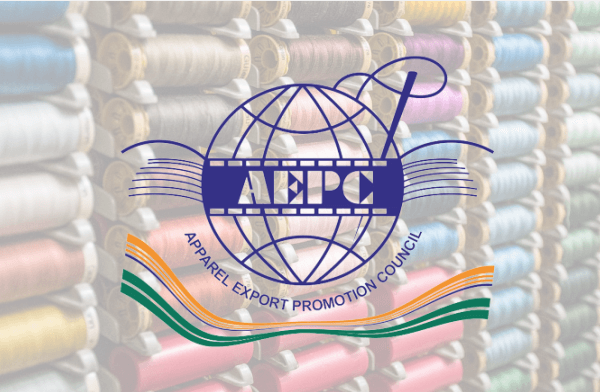
Launch Of the Social and Labour Convergence Program (SLCP)The Social and Labour Convergence Program (SLCP) produced the Converged Assessment Framework (CAF) to assist stakeholders in improving working conditions in global supply chains. A system fulfilling the tasks of facility-level data collecting, verification of obtained data, hosting, and sharing of verified data with end users has been designed to assure the proper execution of the framework and trustworthy data for the industry. This is accomplished by eliminating the need for audits and providing standards and brands with a single verifiable collection of social and labour data they may use to make decisions about certification, compliance, and other things. With the CAF, which comprises a Data Collection Tool, Verification Protocol, and Verifier Guidance, audit fatigue will be reduced, and resources will be available for improvement. AEPC Held a LectureIn August 2019, AEPC held a seminar for garment exporters in Gurugram on export paperwork and credit risk management. A session on export paperwork for exporters, information on the ECGC program for credit risk management, and a presentation on best practices by NITRA were all included in the event. The Hong Kong American Chamber of Commerce VisitedIn September 2019, AEPC met in Gurugram with a delegation from the American Chamber of Commerce, Hong Kong, after the US and China trade war. Senior sourcing executives from leading worldwide companies in the textile and clothing industries were part of the trip. They discussed strategies for obtaining FDI and creating partnerships with these companies.
Next TopicFull Form
|
 For Videos Join Our Youtube Channel: Join Now
For Videos Join Our Youtube Channel: Join Now
Feedback
- Send your Feedback to [email protected]
Help Others, Please Share










